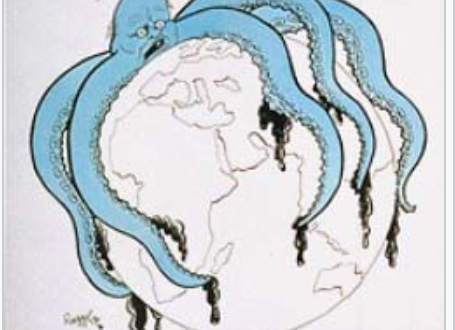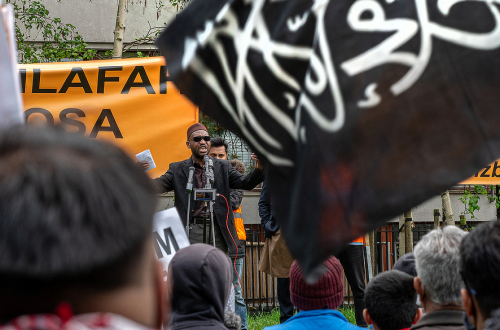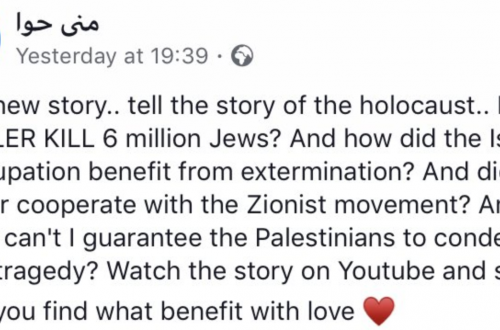One of the focuses of this piece, by Chris Elliott, is a mismatch between articles and their headlines. This was in fact a key factor behind my own increasing interest in I/P – about ten years ago I happened to notice a few articles in quick succession where the headline implied that something was Israel’s fault when the text beneath offered conflicting evidence.
Let’s look at the headline and sub headline for Elliott’s own piece:
Accusations of bias in coverage of the Israel-Palestine conflict
These complaints are set against a background campaign by Israel to challenge the media’s reporting
The sub headline is pretty tendentious here, deflecting attention from whether or not complainants have a case, and flagging the idea of a coordinated, politically motivated effort to skew press coverage in Israel’s favour, not simply to correct perceived bias. One quoted complaint comes from Yiftah Curiel, the press attache at London’s Israeli embassy:
Curiel said: “We would like to request a correction of the headline ‘Three Palestinian teenagers shot dead on West Bank’. The headline obscures the relevant and pressing fact that the youths themselves had opened fire at Israeli soldiers, while the headline basically insinuates that they were executed by the soldiers.”
This seems a fair enough point, and I don’t buy Elliott’s justification:
I rejected the complaint because the headline is not inaccurate, nor in my view does it suggest that the three Palestinians were innocent victims. Three Palestinians are dead. But is it the whole story, no. Should headlines encapsulate the whole story? Traditionally they were required to capture the readers’ attention with the most significant part of the story: in this case the deaths.
Then Elliott goes on to report on Israel’s complaints about foreign media coverage. This point, made by the Foreign Press Association, is not a good defence against ill-chosen headlines:
It should also be pointed out that headlines are never the full story and are usually not written by journalists on the ground, but by editors sitting in New York, London or other headquarters.
It’s a truism that headlines aren’t the full story – does that mean that a persistent pattern of bias doesn’t matter? And does the fact that headlines are chosen by editors also somehow negate any bias? Whether or not Chris Elliott chose his own sub headline, it – and the article as a whole – seems to invite readers to discount concerns about coverage of Israel, when it would have been much more effective, if complaints are really overwhelmingly unfounded, to offer some examples of these weak criticisms of fair coverage from the Guardian.


